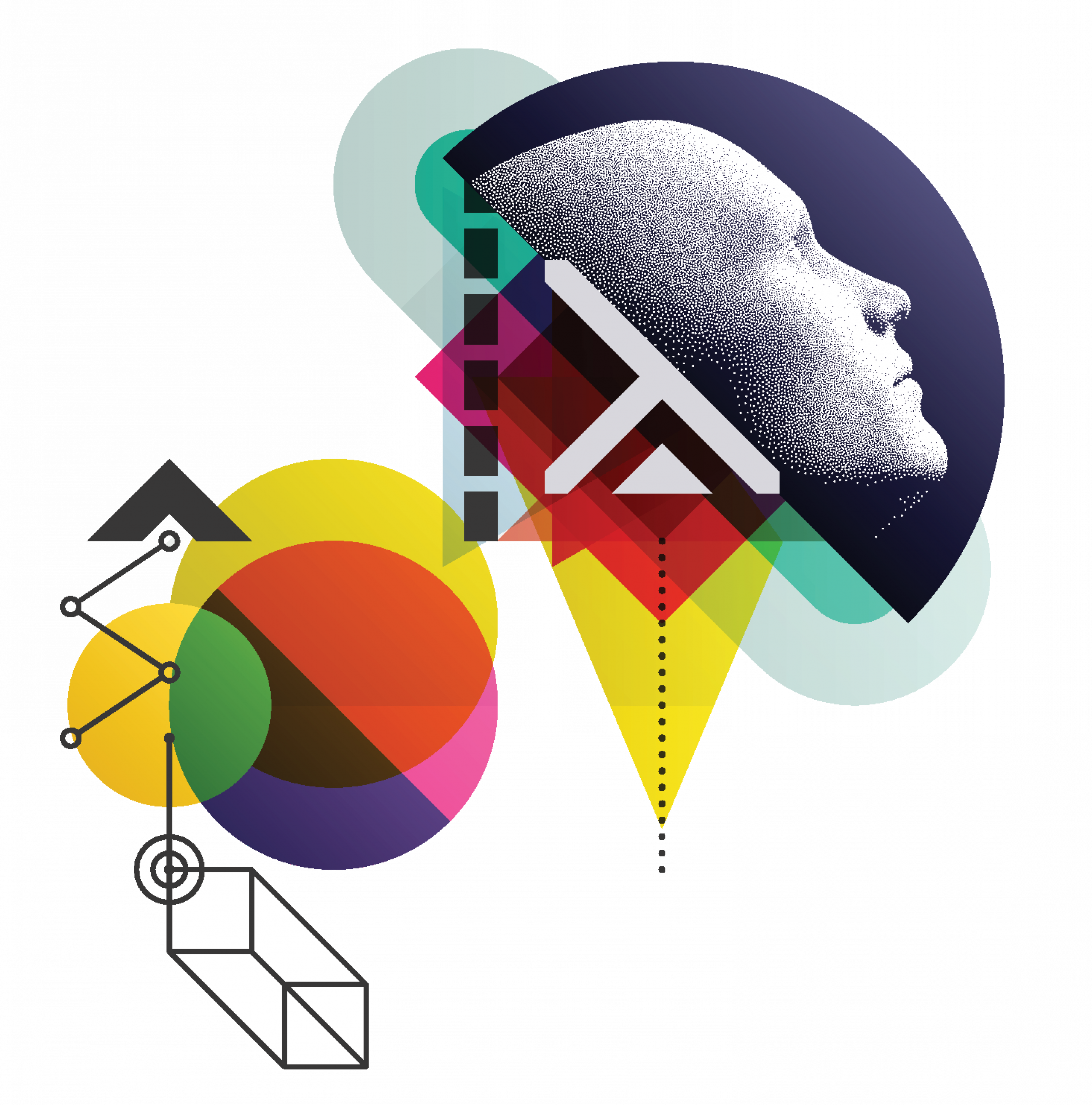MindShare: brAInding
By Carlos Tribino, The Machine
 You could argue that with this article I’m writing my way out of a job, which some would consider to be courageous at best or plain stupid at worst.
You could argue that with this article I’m writing my way out of a job, which some would consider to be courageous at best or plain stupid at worst.
I consider it neither, as I find the experience of tampering with AI in the realm of branding to be highly promising but not fully baked. I believe AI is living up to its hype in terms of development, acceleration and adoption, which is already orders of magnitude larger than the supposed Metaverse. In some realms – particularly anything related to creativity – it still has a way to go. But in other areas, it is already proving highly useful.
AI in Research
This is where it gets good. With its capacity to analyze extensive datasets, interpret consumer behaviors, and automate processes, AI has become a powerful tool in shaping and refining brand strategies. AI-powered tools delve into consumer behavior patterns, purchasing habits, social media interactions, and online content consumption, unraveling valuable information about preferences and sentiments. This information allows brands to gain a comprehensive understanding of their target market and identify emerging trends.
Furthermore, AI algorithms identify patterns within consumer data, aligning brand values with audience desires. This analysis enables the development of messaging, visual branding and marketing strategies that resonate strongly with target customers. By employing AI-driven recommendation engines and predictive modeling, businesses can customize products, services and communications to individual preferences, creating an engaging and personalized brand experience.
AI Storytelling
This is where it’s getting interesting. Crafting compelling stories is a vital facet of marketing and establishing a robust brand narrative. In the digital age, where content is crucial for engaging audiences, AI-powered content generation is emerging as a potent tool for developing compelling brand narratives. Brands can utilize AI to effectively communicate – not develop – their brand values, connect with their audience, and build enduring relationships. The early stages of this process have been mediocre at best but have seen some major improvements. The caveat is that it follows the GIGO (Garbage In, Garbage Out) Principle, and it requires some quality insights to deliver a compelling, credible narrative. At this moment, I find that without human intervention it does not pass muster.
With the right input, however, AI can generate relevant and meaningful content. It has a powerful command in the use of language to create engaging narratives that can surprisingly evoke emotions, capture attention, and leave a lasting impression in messaging across various channels such as websites, social media and advertisements.
AI Creativity
This is where it has a way to go. I find the symphonies written by AI to sound kind of like a film soundtrack. Composer John Williams has been nominated for a staggering 54 Academy Awards for Best Score and won five of them, but he just doesn’t stack up to a Bach, Mozart or Stravinsky. Similarly, when it comes to developing insights, naming, logos or taglines, AI falls into sterile and generic territory. It lacks oomph, personality, and that element of surprise. And these are fundamental to branding, as its key objective is to develop the exact opposite from generic or sterile – i.e. a brand that is unique, surprising, exciting and compelling.
There is little or no doubt that AI will learn to be more creative, but today it lacks intuition and “personal” experiences. It generates creative outputs based on patterns and information in the data it has been trained on. While it can mimic certain creative tasks, it doesn’t have genuine inspiration or emotions. Perhaps there’s too much creative mediocrity out there?
Now if you will entertain me for a bit, past the opening and closing paragraphs, half of this article was written by AI (fact checked), the other half by yours truly. If you are curious, I invite you to figure out who wrote what. Spoiler alert: AI can be surprisingly critical of itself.